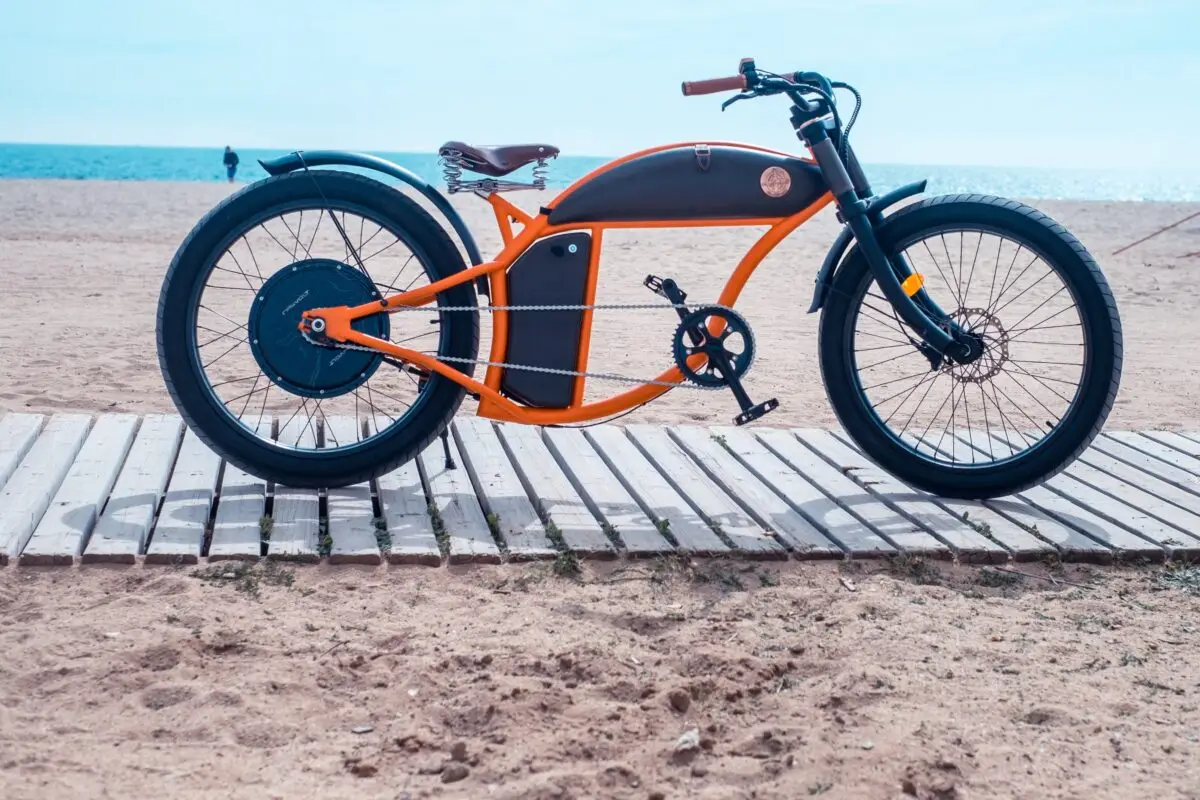Tag: News
-
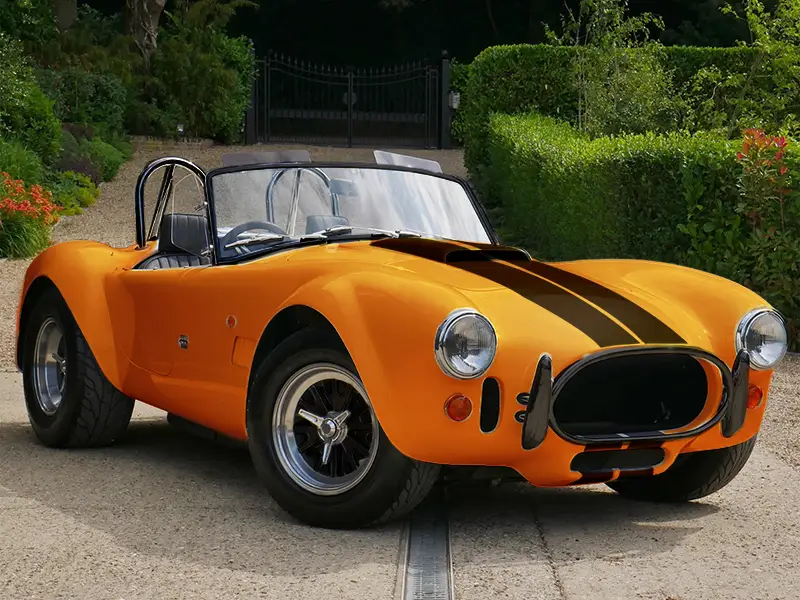
The AC Cobra Series 4–electric ‘superblower’ arrives
The launch of the AC Cobra Series 4 – electric, the EV reinvention of the much-loved AC Cobra 378 Superblower MkIV, is an important steppingstone on AC Car’s road to recovery and revival.
-
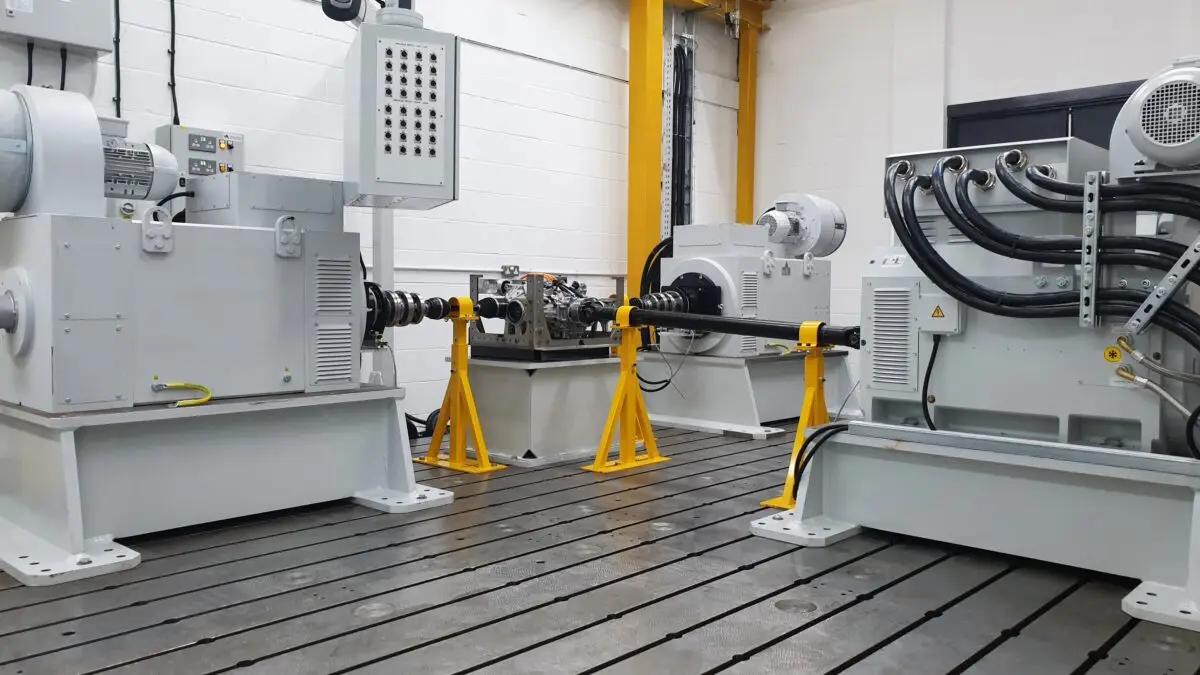
DSD expands electrified powertrain test facilities
Leading electrified powertrain engineering consultancy, Drive System Design (DSD), has announced a strategic expansion of its test facilities, adding two further test cells for high-performance hybrid axles and e-machines.
-
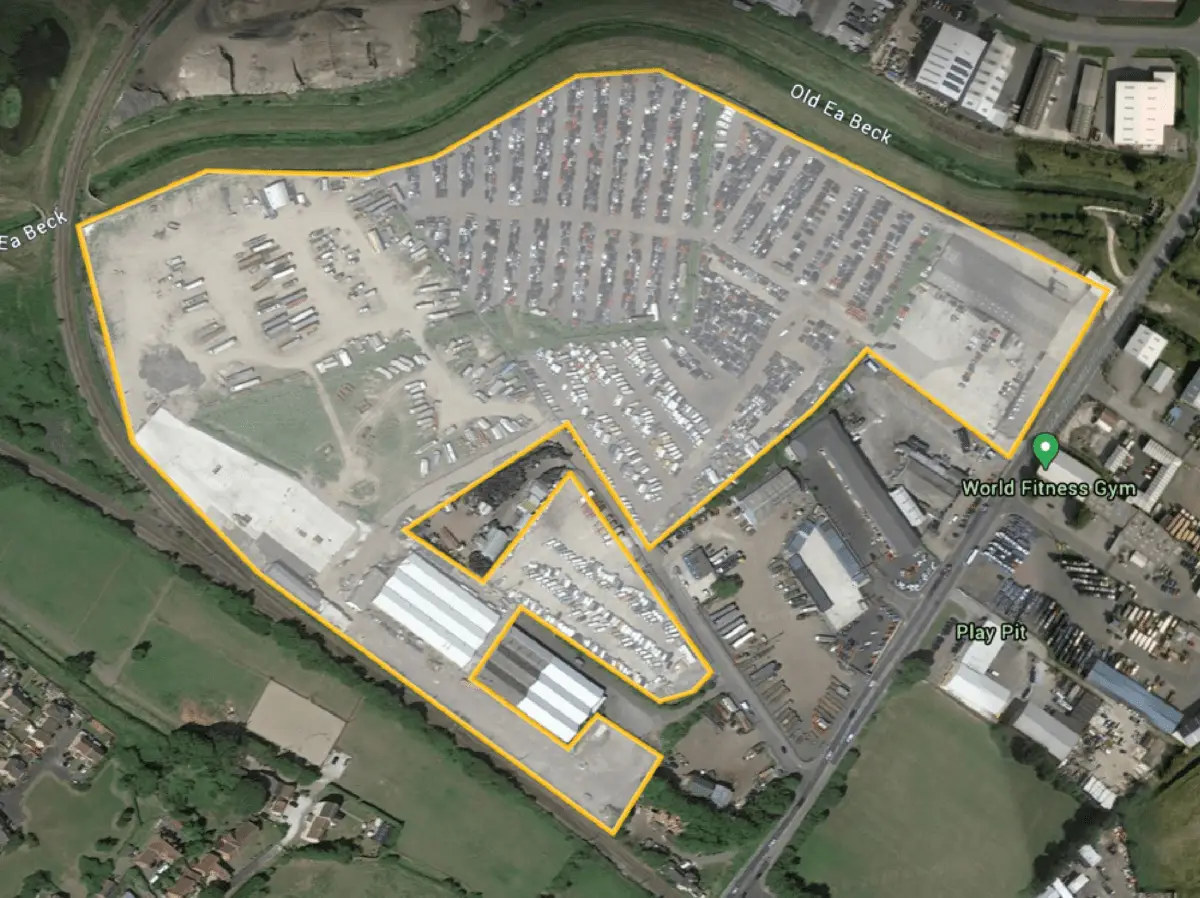
SYNETIQ’s Doncaster presence grows with 25 acre expansion
SYNETIQ, the UK’s leading vehicle salvage and recycling company, has announced that two of its Doncaster vehicle processing facilities are to be joined with the addition of 25 acres in order to create one new industry leading operation.
-
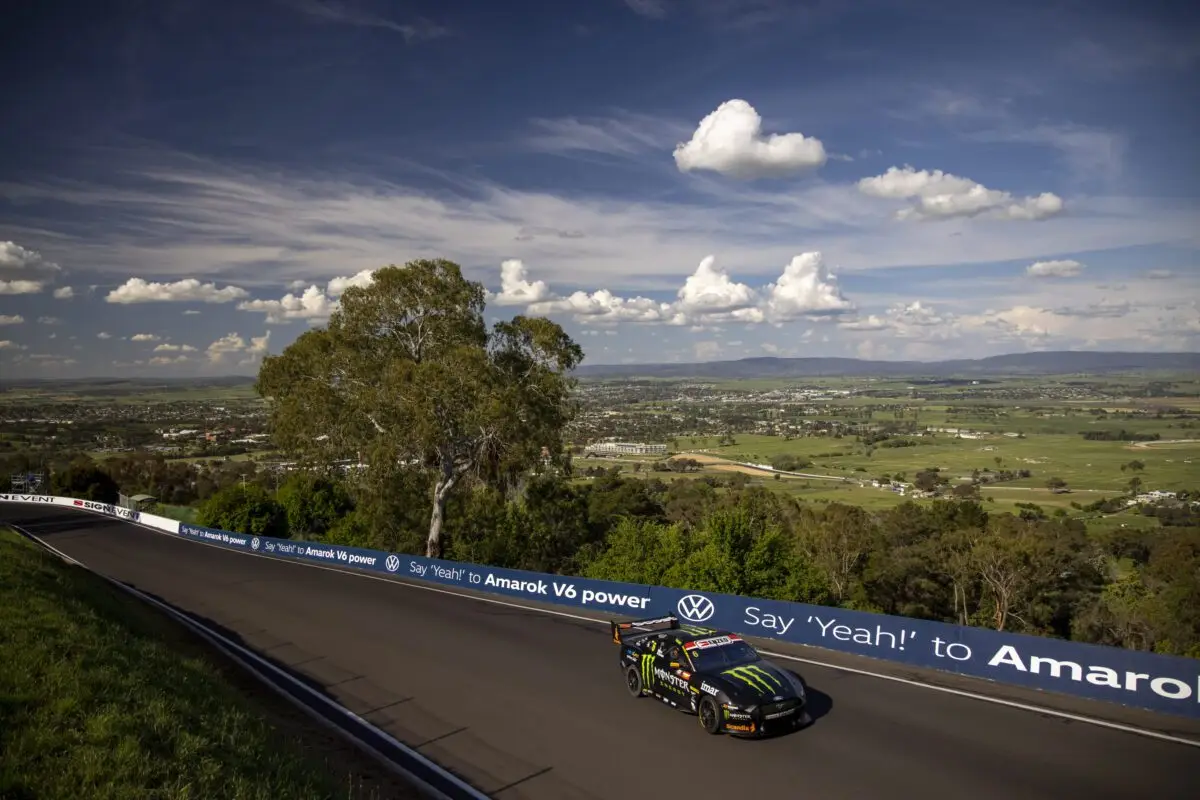
D2H: Promoting grid parity in Australian Supercars championship
The UK-based advanced engineering specialist, D2H Advanced Technologies, has worked intensively with the Supercars championship organisers in Australia to develop their pre-season performance testing regime.
-
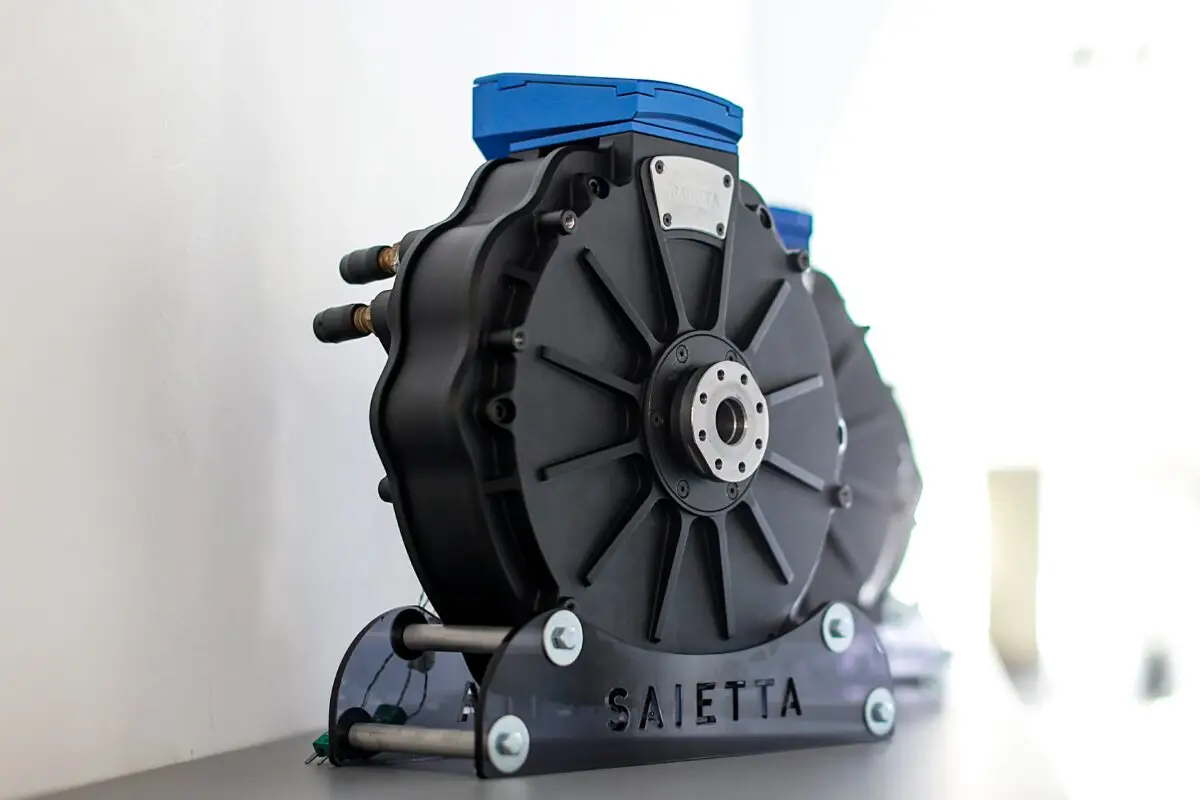
Saietta secures major UK Government research contract
Oxfordshire based tech company Saietta has won a major grant, through the Advanced Propulsion Centre (APC) that will fast-track the first stage of the production process ramp-up for its innovative Axial Flux Traction (AFT) electric motor.
-
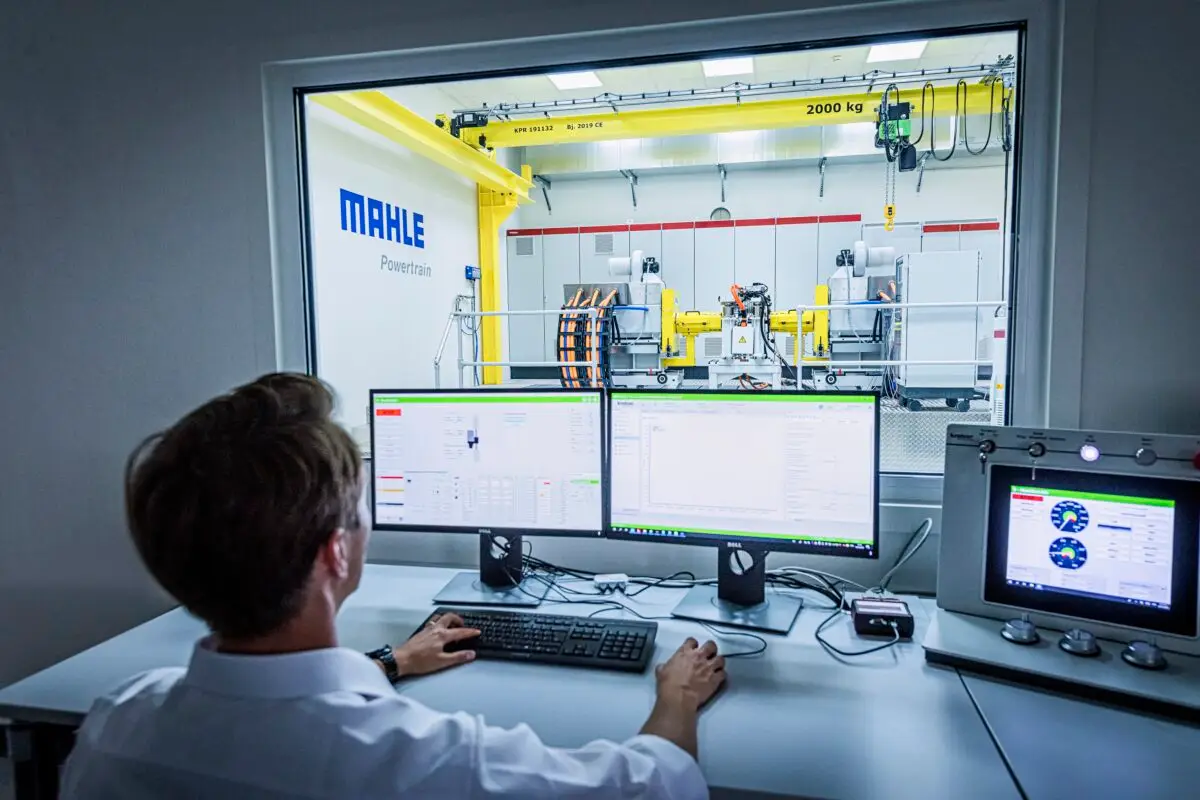
MAHLE opens new test bench for electric drives
MAHLE has commissioned a test bench for electric drives in Stuttgart, Germany, which will be used develop and test e-axles and e-drive units for a wide range of electric and hybrid vehicles.
-
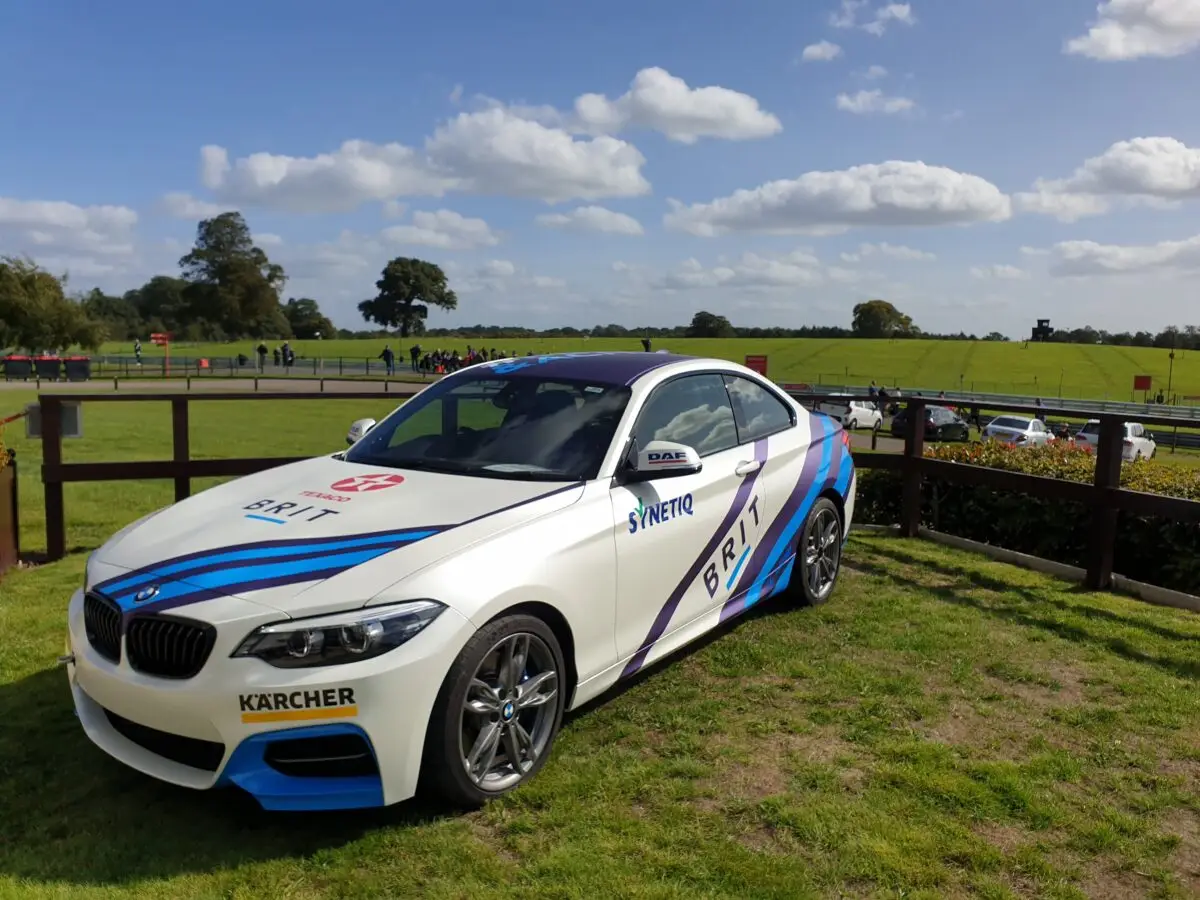
SYNETIQ supplies a winner to Team BRIT
SYNETIQ, the UK’s largest vehicle salvage and recycling company, is marking its support of Team BRIT with a short film documenting the transformation of the BMW M240i donated to the organisation’s all-disabled racing team.
-
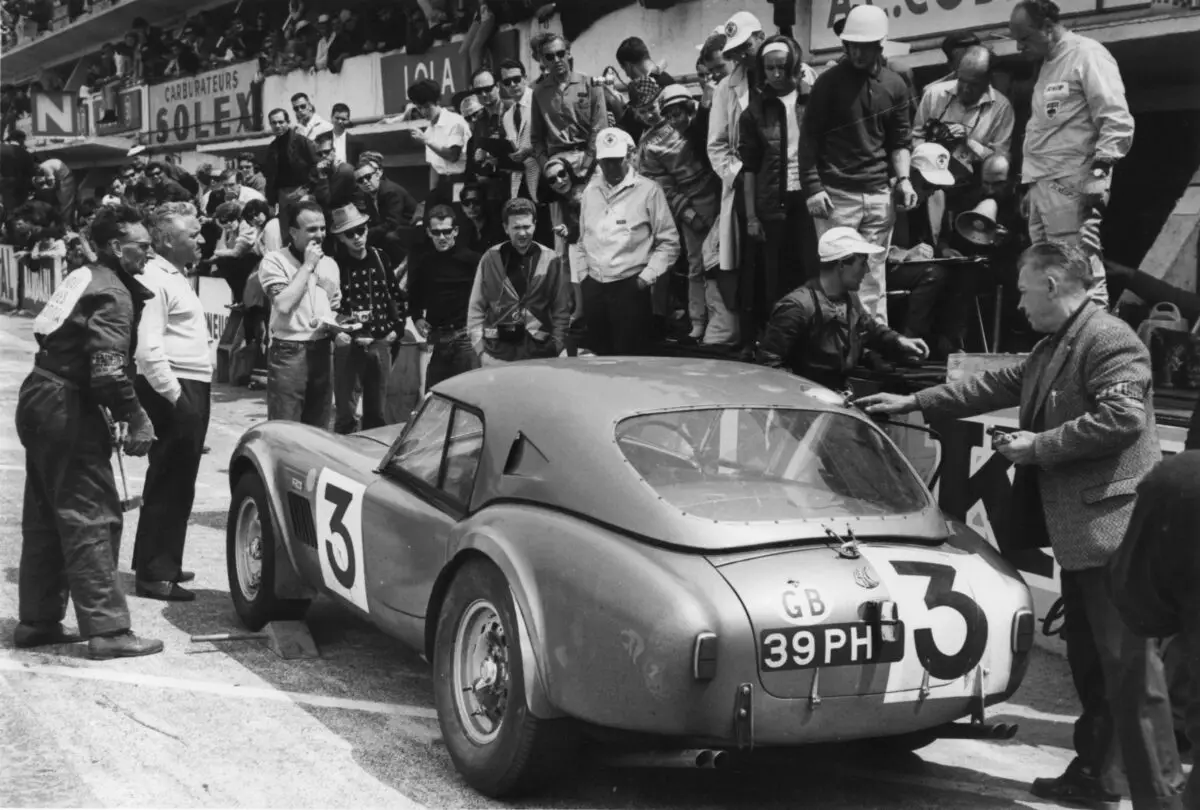
AC Cobra Le Mans electric
AC Cars is launching a new limited series of 12 special cars recreated from the 1963 AC factory Le Mans cars. They will be called the AC Cobra Le Mans electric and retain AC’s proud heritage of power – the motor maybe electric but it has 460 kw of power and 1000 NM of torque…
-
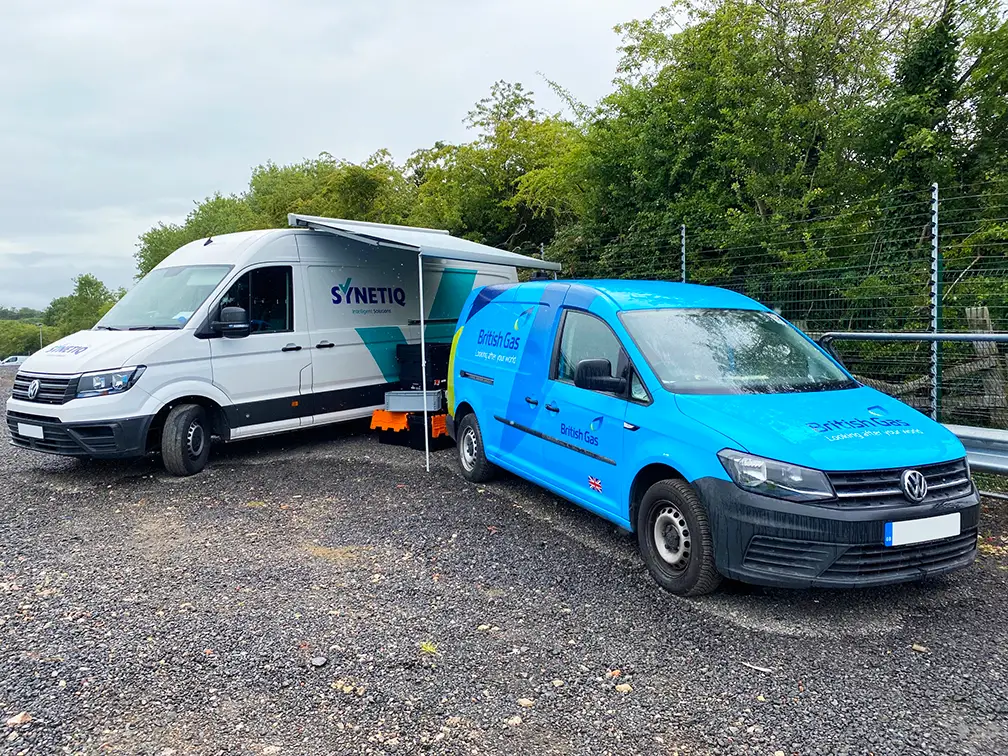
British Gas reduces environmental impact of fleet with SYNETIQ
One of the UK’s best-known companies, British Gas’ heritage stretches back over 200 years. Its iconic bright blue vans are a regular sight on the road, carrying thousands of Engineers between homes and businesses.
